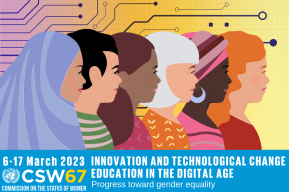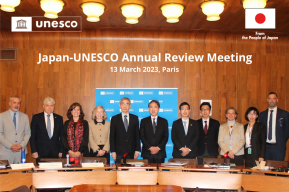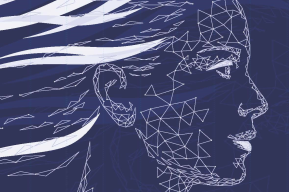News
Building capacities of judges from Qatar on Artificial Intelligence and the Rule of Law

The training focused on the practical applications of Artificial Intelligence (AI) in judicial administration and its human rights risks and impacts. AI-assisted legal administration has demonstrated its ability to improve administrative efficiency of justice systems. These AI tools include help with legal research, computerised organisation of court information, and user-friendly AI tools – such as chatbots and guides – to assist citizens in navigating juridical processes.
Participants learned about a real-world application such as Singapore’s Intelligent Court Transcription System, which increased court efficiency by transcribing court hearings in real time. Another application is Brazil’s SIGMA, which decreased case processing time and alleviated court workloads by assisting in preparing reports, decisions and judgements electronically.
The plethora of existing AI-assisted case law drew attention to the opportunities and risks of a technology-driven criminal justice system. Participants discussed the emerging jurisprudence related to using AI-enabled systems in modern criminal justice systems and their limits. Human Rights and ethical issues, such as algorithmic bias and discrimination, lack of algorithmic transparency and violation of privacy, were discussed.
In line with UNESCO’s Recommendation on the Ethics of AI, the training benefited the participants in building capacities in the domain of AI, criminal justice and human rights.
This training was supported by UNESCO within the framework of its Global Judges Initiative, which has trained over 24,000 judicial operators from more than 150 countries since 2014. In 2022, UNESCO launched an online training on AI and the Rule of Law, bringing together 20 expert speakers to share their knowledge with over 4,400 judicial operators from over 140 countries.







